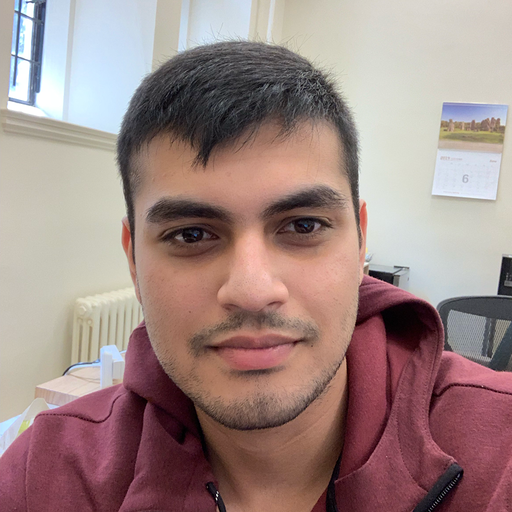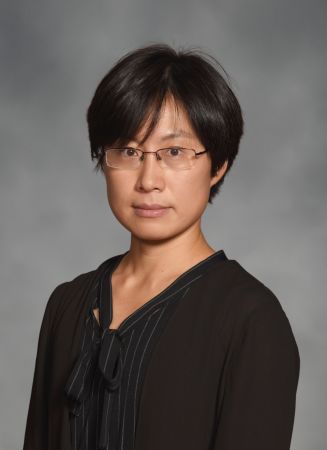Electrical engineering PhD student Abhishek Singh credits Lehigh’s ‘practical’ approach to graduate education—and invaluable mentoring from advisor Xiaochen Guo—with shaping his research on intelligent computer architecture.
There’s a certain thrill that comes with knowing your research may someday impact millions of people. But with that potential comes great responsibility.
“When we do our research, we have to make sure we’re not opening up additional security problems,” says Abhishek Singh.
Singh is a fourth-year PhD student in electrical engineering, who is advised by Xiaochen Guo, an associate professor of electrical and computer engineering. Singh’s work focuses on intelligent computer architecture, specifically, microarchitecture and cache optimizations. His primary projects have involved designing computer caches and memories to support security, improve persistent memory, and reduce memory latencies for graph applications.
“My research will benefit day-to-day applications,” says Singh. “So for example, making language translation more efficient on your phone so you can better guide your Uber driver when you’re in another country. Deploying the hardware designs from my research can make that translation faster.”
Singh first met Guo at the University of Rochester, where he completed a master’s degree in computer engineering. She was a big part of what drew him to Lehigh to continue his graduate work.
“I always liked her research,” he says.
At Lehigh, he also liked the opportunities he saw for himself as a young researcher.
“Anything I dreamt about achieving in terms of learning and skill development, I know I can achieve it here,” he says. “This university has a different perspective in how it teaches engineering. It’s practical, which is very different from some of the other universities.”
Singh credits his professors, and Guo, in particular, with helping him to achieve his dreams.
“Even when you have a ‘dumb’ question, professors take their time and explain the concepts to you in depth,” he says. “And that trains the mind to evolve.”
One thing that has evolved for Singh has been his plan for the future. While he hasn’t ruled out going into industry, he’s increasingly interested in pursuing a career in academia. And that’s had a lot to do with the experiences and interactions he’s had with his advisor.
“The two most important things I’ve learned from her is how to think more critically, and how to work smarter, rather than harder,” he says. “Those are concepts that are going to stay with me for a lifetime, and I’d like to help spread that knowledge to future students.”


